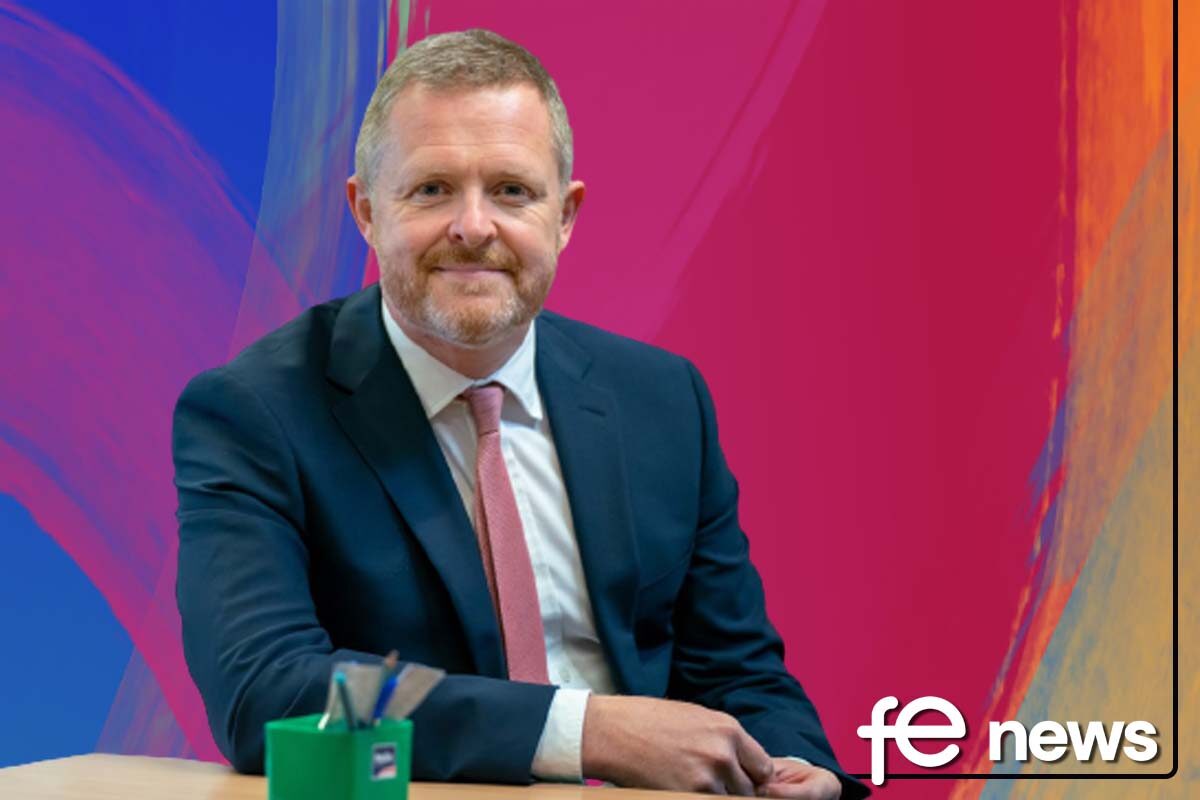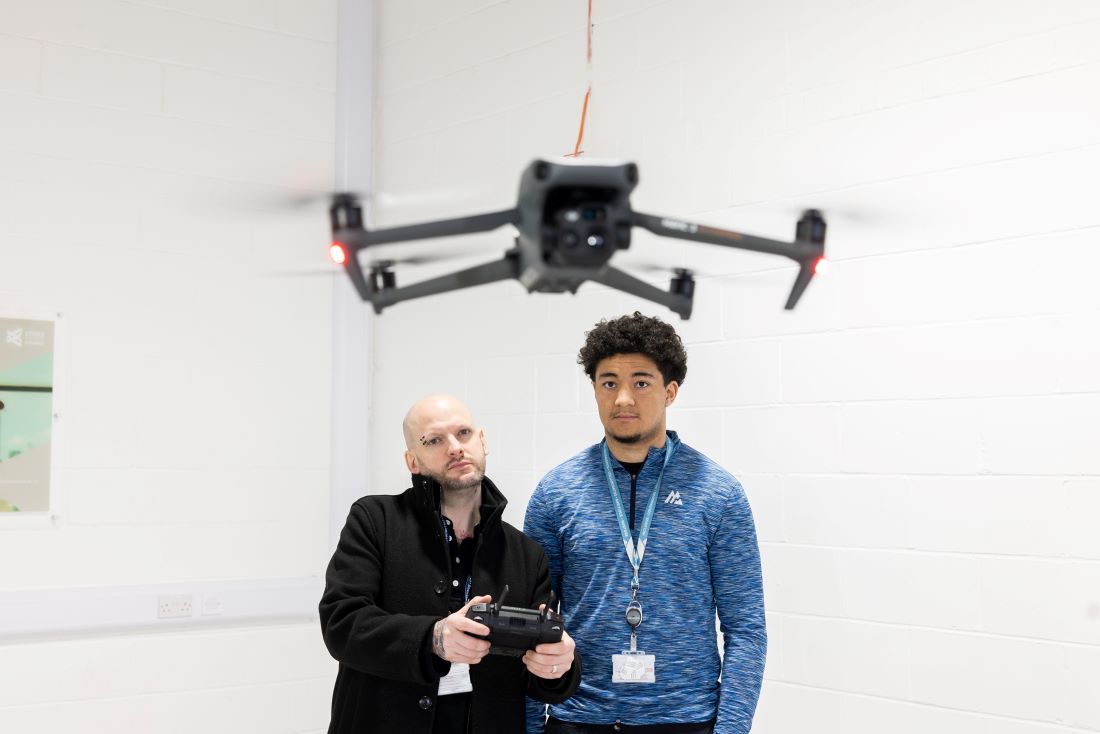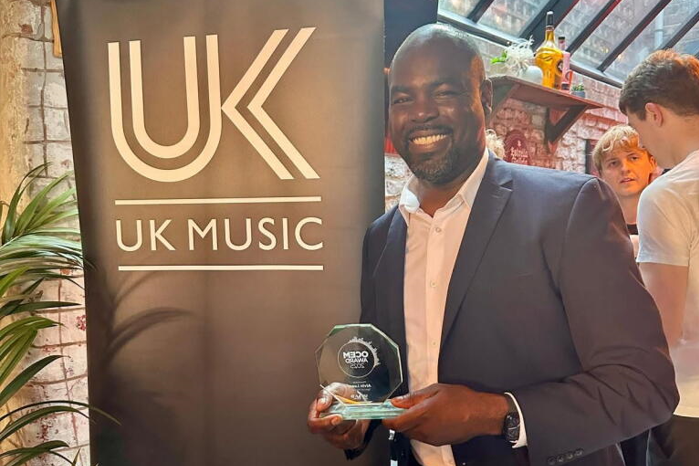A vision for Lifelong Learning in Wales

When it comes to education, our lives should not – must not – depend on one shot, one chance, one pathway, one decision.
It must never be too late to learn that new skill, acquire that new qualification. It must never be too late to become more democratically and critically engaged through education, or more personally, culturally and academically fulfilled.
I want Wales to be a nation of second chances in education – where it’s never too late to learn.
Much of my first year as Education and Welsh Language Minister, has focused on working across our provider networks to keep the nation learning through the pandemic.
We must now focus relentlessly on the central role that education will have in breaking the link between deprivation and destiny, creating and nurturing employable, engaged and ethical citizens of all ages, and raising standards and widening access through digital and technology.
These aspirations are no less relevant to tertiary education – including adult and community learning – than they are to our schools.
Over the past two years, the sector has taken on the challenge of working with us in implementing a new funding and planning model, with parity and equity at its heart.
We now have a sound platform on which to build. We will do that in the context of our four approaches: the importance of strategy and strategic duties; the shared responsibility we have for this; the need for sustainability; and that idea of second chances.
The Tertiary and Education Research Bill recently passed the general principles stage in the Senedd; and for the first time ever we are legislating to promote life-long learning.
On becoming Minister, I took the view that we needed to put more of our values and ambitions into the bill. For me, that starts with lifelong learning, and with adult community learning at the heart of that.
It sits alongside other duties – enshrining our shared principles and values – equality of opportunity, of collaboration, of tertiary education through the medium of Welsh, of civic mission and of global outlook. The new commission must operate under these principles and duties.
This also links to the purposes and principles of our new national school curriculum, empowering our young people to learn throughout their lives. It guarantees the core skills of literacy numeracy and digital competence, and empowers learners to grow as citizens through broad and balanced experiences, knowledge and skills.
It shares much in common with The Learning and Work Institute’s innovative ‘citizens’ curriculum’, which looks to tackle the barriers that prevent adult learner participation.
I think this is an idea with real potential for us in Wales. I have asked our new external reference group for adult learning to study this approach and to make some recommendations to me on how we can pilot a Citizens Curriculum for Wales.
Our new school curriculum was co-constructed with those who have the experience of teaching our young people. I want us to draw on that spirit of co-development and co-production, so that we can design a national framework ready for local adaption, design and delivery.
The new reference group for adult learning met for the first time a few weeks ago. It will look at the systemic barriers in our path. In helping co-design a programme of national co-ordination, the group will provide advice and scrutiny and ensure we reach as wide a constituency as possible.
I have provided funding of £2m over the next two years to back up this work and help get the sector ready for the future.
Our shared challenge is to improve quality and access to skills-based, formal, and informal adult learning and support progression for all our learners. We must get this right as we move ahead with the creation of the Commission for Tertiary Education and Research.
The Commission will take responsibility for the funding and overall strategic direction of adult learning, in addition to further education, higher education, apprenticeships and school sixth forms. It will provide important funding to local authorities, colleges, and Adult Learning Wales.
It will do this with a renewed strategic focus, enshrined in legislation on enabling and ensuring lifelong learning for people from all walks of life.
The commission will also be responsible for signing-off outcome agreements with colleges and universities. I want us to be in a position where those institutions are in the habit of disseminating their work more widely – whether that is online, taster courses, public lectures and seminars, working with local employers and enterprises.
I am keen to explore the idea of a national charter for lifelong learning. The role of supporting people on their learning journey extends beyond education institutions to partners such as libraries and museums, but also can reach beyond that to other public bodies and further perhaps to tech, media and other companies.
I want us to do more to encourage this work, particularly as it relates to citizenship education, tackling misinformation and digital competence.
We are at a critical juncture in co-creating a sustainable and strong system. How we harness digital learning and technology is essential to that sustainability. The idea of coming together to learn is essential to education as a public and common good. This must be true, whether it is in the classroom, in the community, or online.
I have already provided almost £6m to improve the digital capacity and to address the challenges of net zero in the adult learning and college sectors.
I have allocated a further £2m to the network of local authority adult learning providers to re-engage the hardest to reach learners in our society, support engagement activities and delivery.
Building on experiences over the last two years, I am keen to do more to support the adult learning sector to broaden its reach through digital and blended learning.
We have made tailored support available to the sector through Jisc, to help each provider build its digital capabilities. Through the reference group and programme of national co-ordination, we must look at how we can take this forward and find further opportunities in this area, including more shared resources for adult learners.
In school and colleges, we have the incredible asset of our globally recognised Hwb learning platform. What could an equivalent platform look like for adult learners? A destination which is trusted, well-known, with a wide offer of content – resources, training, guidance, and where content was straightforward to access, easily navigable and convenient. I am keen to hear from learners and from the sector what potential this could have to support learning.
I know that adult learning is a lifeline for so many people, so staying connected was hugely important during lockdown. One local authority told us that:
“One vulnerable isolated learner living alone… cried when the equipment was delivered to her and said she felt part of the world again now she can see people.”
Through the last two years many learners have found their way online and become familiar with remote learning. We also have to recognise that the social, personal and well-being impact of the period means that many are even further away from learning.
24% of adults are without a level 2 qualification. 14% are without a level 1 qualification. Almost half of adults from the lowest socioeconomic groups have not received any training since they left full-time education.
We must tackle this together. We have ambitious targets to reduce the numbers of working age adults with no qualifications to 5% or below, and to ensure 75% of working age adults in Wales are qualified to at least level 3 by 2050.
It has been over a decade since the last national audit of adult literacy skills in Wales. It’s time we get an up to date view of the situation. I have asked my officials to commission a new ‘State of the Nation’ audit of adult literacy and numeracy to address this.
Over the last two years, we’ve been able to allocate £175,000 to the adult learning sector to support mental health and professional development. Much of this has focused on wellbeing support, helping to build resilience for both learners and staff. We will continue to work closely with the sector to make sure that the right support is in place.
The post-16 workforce development project is currently underway to develop a professional learning framework for staff across all parts of the post-16 sector.
Adult learning plays an important part in this work and I am pleased that representatives from the sector are engaged through the steering group and task and finish groups.
The idea of a nation of second chances where it is never too late to learn will develop, evolve and become tangible through the contributions, ideas and deliberations of people across the sector.
We have already started building this new future. Our new bill will place a duty on the new commission to secure proper facilities for relevant further education and training for eligible adults.
This is a big step forward in adult provision and it will be backed up by funding and we will work with you to define the scope of that duty in regulations over the coming two years.
My long term vision is a universal right to lifelong learning to give every citizen that chance. We need to work collaboratively to increase the number of adults learning in Wales.
Initiatives like Taith, our new global education exchange programme, show the importance we attach to creating new opportunities. It is the best funded international mobility programme in Wales ever, with funding available for applications specifically from the adult learning sector this year.
There’s an old welsh proverb that says it’s ‘tri chynnig i gymro”. Three times lucky for a Welshman. Education chances and true lifelong learning shouldn’t – mustn’t – be a matter of luck.
A true nation of second chances is one where we work together, build our shared citizenship, tackle the impact of poverty on aspiration, opportunity and education. Nothing is more important for a modern and successful economy, for empowered communities and a fair and inclusive society. A nation where it is never too late to learn.
Jeremy Miles, Minister for Education and Welsh Language
Have you checked out Jeremy’s Article from March: A vision for Further Education in Wales











But our lives don’t depend on one academic shot, one chance in a test, or one educational pathway. Each day in school from the age of five to fifteen offers dozens of opportunities to listen, practise, commit to memory, ask questions, and learn from mistakes. So how will participation in Wales’ so called ‘second chances’ approach differ from recent years in the country’s junior/secondary sectors?